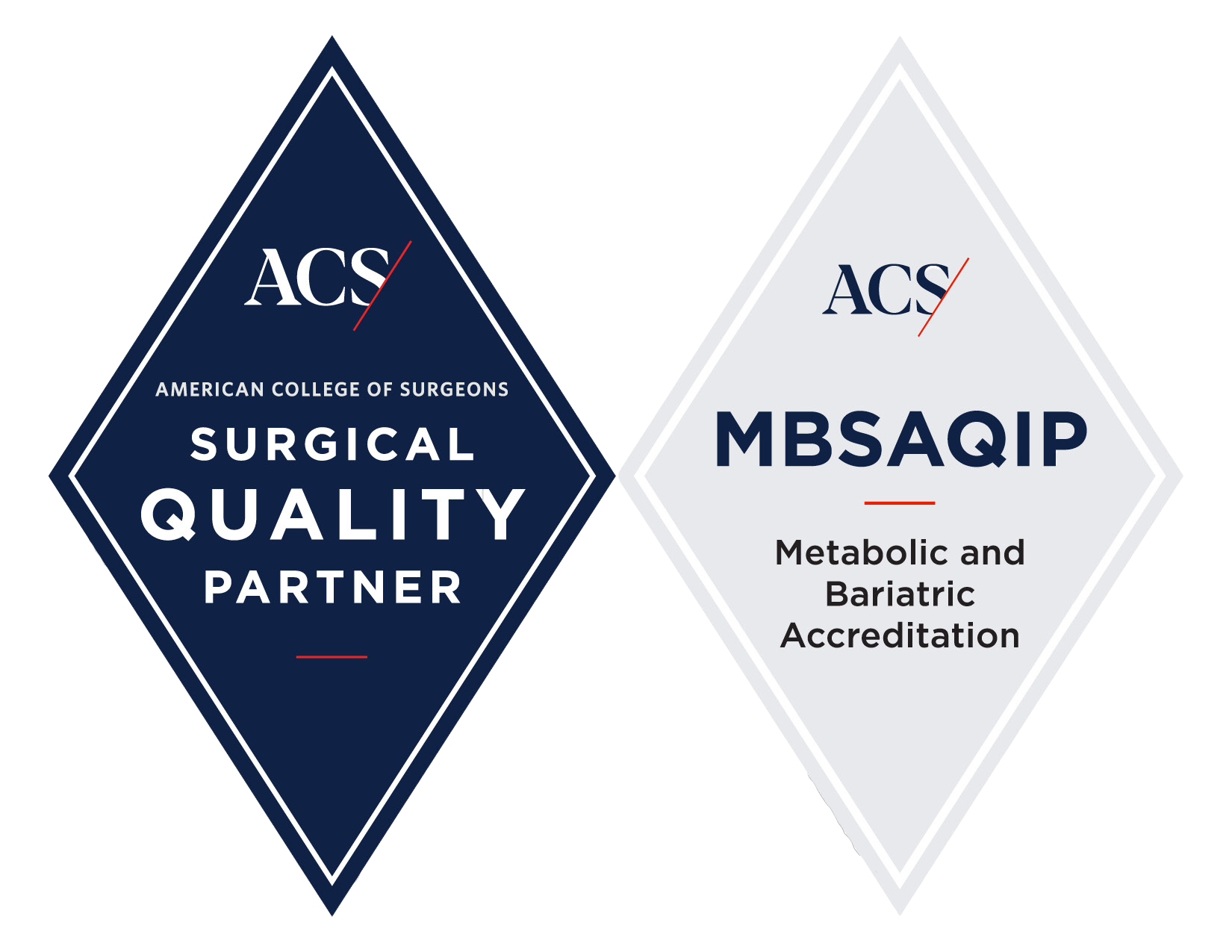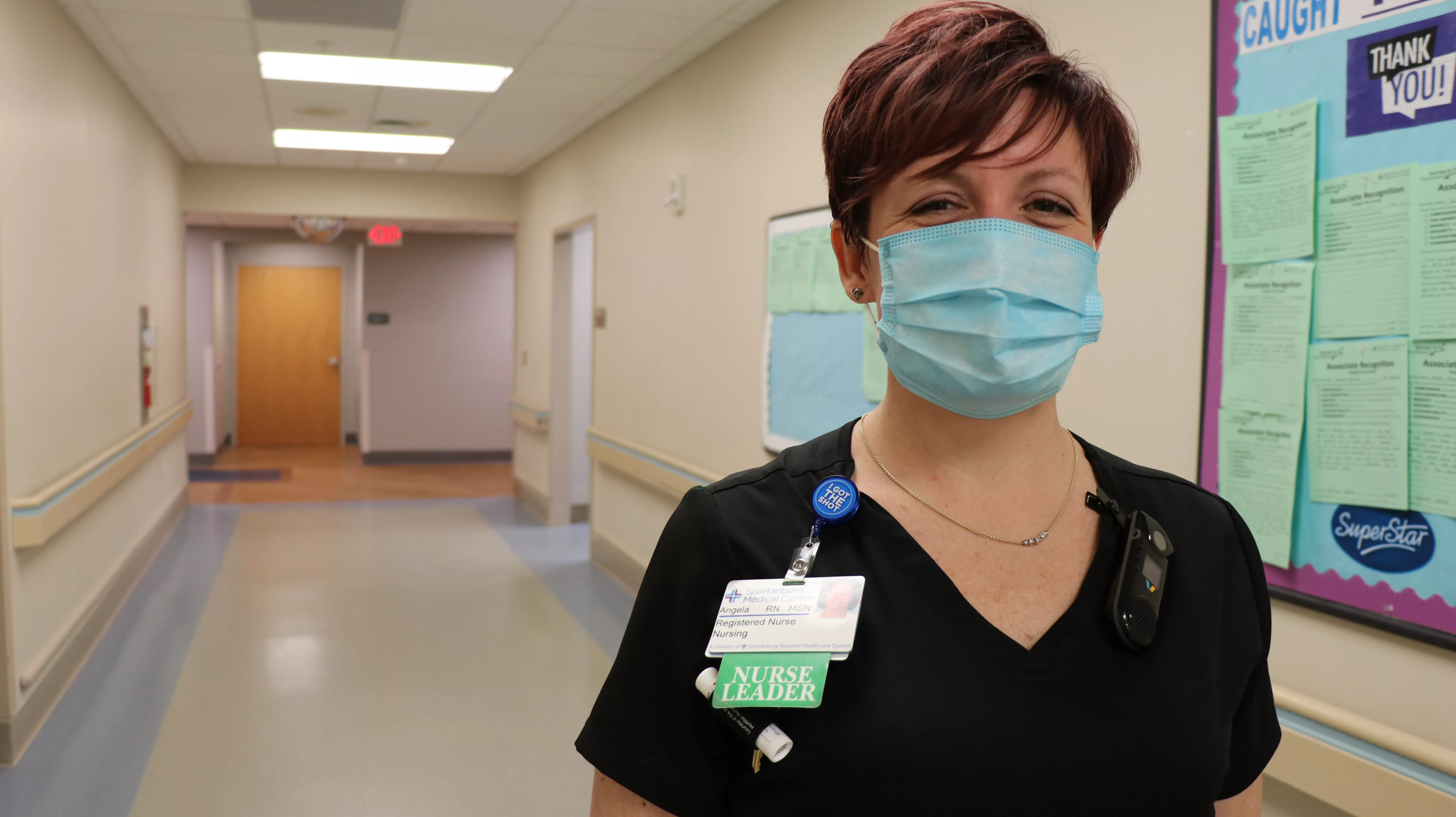Weight Loss

About
If you are obese or overweight, you may feel like losing weight is an overwhelming, even impossible, challenge. We understand you may be overwhelmed at the prospect of changing your lifestyle, eating and exercise habits. At the same time, you may be tired of unsuccessful weight loss attempts and ready to get healthy and reduce your risk of serious diseases.
 Wherever you are on your weight loss journey, our team is here to offer our medical expertise and support. We care about your health and are committed to helping you achieve your long-term weight loss and health goals. Our program includes both weight loss surgery and medical weight loss programs.
Wherever you are on your weight loss journey, our team is here to offer our medical expertise and support. We care about your health and are committed to helping you achieve your long-term weight loss and health goals. Our program includes both weight loss surgery and medical weight loss programs.
Spartanburg Medical Center is designated as an ACS Surgical Quality Partner for Metabolic and Bariatric Surgery.
Related Events

Nurse shares her weight loss journey
"My mental health has improved dramatically."
- Angela Barnett, RN
Related Events
Programs and Treatments
Weight Loss Surgery FAQs
Am I a candidate for weight loss surgery?
You are a candidate for surgery if your body mass index (BMI) is greater than or equal to 40. However, you can also qualify for surgery if you have a BMI greater than or equal to 35 with one or more weight-related health conditions. These health conditions include Type 2 diabetes, high blood pressure and sleep apnea.
Does insurance cover weight loss surgery?
Most insurance companies do cover weight loss surgery. Each policy can be different and that is why it is important for you to ask your insurance company if it is covered in your policy. If your insurance does not cover weight loss surgery, there is a self-pay option and pricing available. Healthcare financing options are also available.
What is the first step towards having weight loss surgery?
The first step of the weight loss surgery program is to contact the office for a consultation appointment at 864-560-7070. A referral is not necessary unless required by insurance.
After attending a consultation appointment, how long does it take until I am scheduled for surgery?
Your insurance mandates how long it will take before having surgery. On average, many patients have surgery approximately 3-6 months after starting the program, but your insurance will ultimately determine how long you must be in a pre-surgery program leading up to surgery.
Does your surgery program require a fee to join?
No, there is no program fee.
How long will I be out of work after surgery?
It is hard to put an exact number to this question, because each person heals differently. It also depends on which surgery you choose to have and what type of job you have. On average, a person will go back to work within 3-4 weeks.
When can I drive after surgery?
Driving is not allowed post-surgery until you have stopped taking your narcotic pain medications. Please ask your surgeon at the time of your first postoperative follow up visit.
Does your program have age requirements?
Our program does not perform surgery on adolescents. The minimum age requirement is 18. However, there is no upper age limit.
Is there a special diet that I will have to follow after surgery?
Yes. You are given a handbook at the pre-operative class you attend. At this class, your diet will be explained thoroughly. There are five progressive stages to the diet. By week 12 after surgery, you can eat, within reason, normally. We recommend for the rest of your life a low fat, low sugar diet. Remember, surgery is just a TOOL. It is up to you to keep that tool working for you!
Will I need to exercise after surgery?
Yes. With any weight loss program, diet and exercise go together. You will certainly lose weight by following our progressive diet after surgery to some extent, but to maximize your weight loss, you just add exercise to the equation. Vigorous exercise is not required; simply taking a walk for 30 minutes is sufficient. Exercising and following our progressive diet is another key component in successful weight loss.
Will I have to take vitamins for the rest of my life?
Yes. Remember, after surgery your gastrointestinal anatomy has changed, and you will not absorb vitamins/minerals the same as before. It is recommended to take a bariatric multivitamin, calcium citrate with vitamin D, and vitamin B12 after weight loss surgery.
Do I have to stop smoking if I want weight loss surgery?
Not only is it in your best interest to quit smoking, but our program requires all surgery candidates to be smoke-free. Bloodwork will be ordered prior to surgery to check for nicotine.
How long is my hospital stay?
On average, the gastric bypass and sleeve gastrectomy surgeries require a 2-night length of stay in the hospital.
What health conditions will improve after weight loss surgery?
Many patients that have obesity-related conditions will see improvements or resolutions to certain conditions which include:
- Type 2 diabetes mellitus
- Obstructive sleep apnea
- High blood pressure
- Osteoarthritis
- GERD (gastroesophageal reflux disease)
- High cholesterol/triglycerides
- PCOS (polycystic ovarian syndrome)












